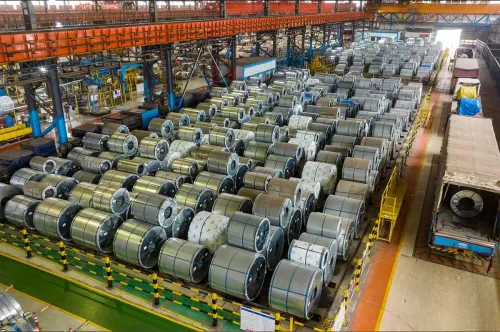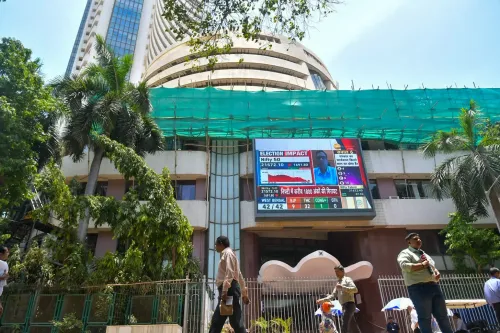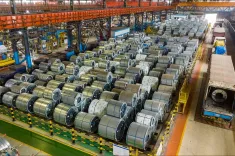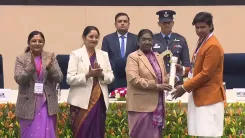How Will the India-EU Partnership Enhance Global Stability?
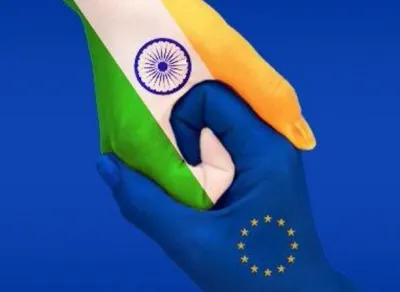
Synopsis
Key Takeaways
- New EU-India Strategic Agenda aims to enhance global stability.
- Strengthened security ties are a key focus.
- The partnership promotes economic collaboration and innovation.
- FTA negotiations aim to reduce tariffs and enhance market access.
- India's role as a crucial partner for Europe is emphasized.
New Delhi, Sep 19 (NationPress) The recently unveiled EU-India Strategic Agenda, introduced in September, is designed to bolster mutual prosperity, security, and global stability as the world faces evolving geopolitical challenges.
With the realignment of global power dynamics, Europe views a rising India as a crucial ally for diversifying supply chains, addressing security threats, and promoting a transparent, rules-based international framework. In reciprocation, the EU, being India's largest trading partner, offers access to advanced technologies, investments, and stable markets, as highlighted in an article by India Narrative.
Strengthening security collaborations is of utmost importance. The agenda delineates cooperation in crisis management, maritime security (especially in the Indian Ocean), cyber defense, intelligence sharing, and counterterrorism efforts.
This new agenda was jointly revealed by European Commission President Ursula von der Leyen and EU High Representative Kaja Kallas, following extensive discussions between the Commission and the Indian government. Approval from all 27 EU member states is necessary, with formal adoption slated for the EU-India Summit in early 2026.
Negotiations for the Free Trade Agreement (FTA) are intended to conclude by the end of 2025, although complex challenges persist. Ongoing initiatives include establishing new dialogues focused on space cooperation, mobility, and cyber security matters.
This agenda further cements India's global position as a pivotal partner for Europe, balancing its relationships with Russia and China. For the EU, it marks a significant deepening of engagement with Asia beyond its historical partners, the article mentions.
The initiation of negotiations for a Security of Information Agreement will facilitate the exchange of classified information. Enhanced involvement in the Indo-Pacific region will include joint strategies against hybrid threats and a commitment to countering malicious activities.
Additionally, India is invited to engage in EU defense initiatives, such as the Permanent Structured Cooperation (PESCO) framework, and a new EU-India Security and Defense Partnership modeled after those with Japan and South Korea.
Economically, the removal of tariffs, harmonization of regulations, and facilitation of investments are expected to boost bilateral trade, innovation, and industrial partnerships, particularly in high-tech and green sectors.
A focal point is the completion of a comprehensive Free Trade Agreement (FTA)—aiming to establish the world’s largest such accord. The FTA negotiations, which have intensified in 2025, aim to reduce tariffs, enhance market access for services and products, harmonize standards, and secure commitments for sustainable development.
Addressing non-tariff barriers and fostering regulatory cooperation are primary goals, while the EU also promotes investments in strategic sectors, infrastructure, and innovation through joint business forums and start-up initiatives, the article further emphasizes.


